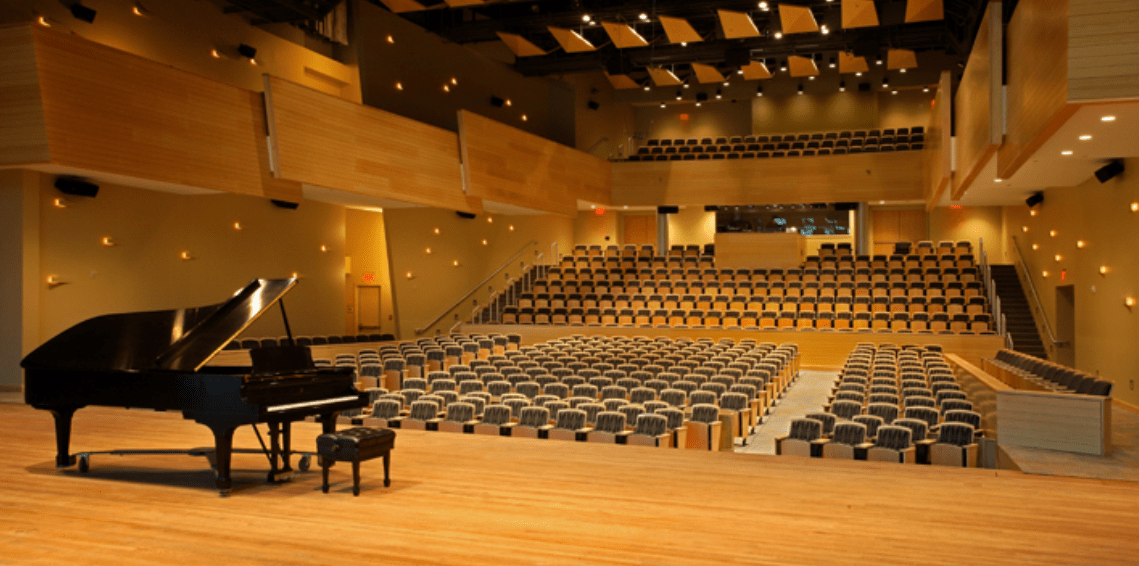
Majoring in Music: What they don’t tell you…
By Jamey Mann, Catoctin School of Music
This is the time of year where college bound students are getting ready for college auditions. Students not far behind them are making the decision to peruse music or not. Something I try to do with all my students making these decisions is to be as realistic as possible with them. Too often I find that most students have an idealistic view of what it is to major in music or what you need to do to be successful after graduation.
It is a romantic idea to pursue music in school and have a career as a working musician….it sounds amazing! However, most young people underestimate the amount of work that goes into it. Studying music in college is not a four-year jam session and even if/ when you get your degree it does not guarantee anything. There is still work to be done.
Here are a few topics I let students know about before committing to a career in music.
- Practice- For students that don’t practice enough to begin with I do not recommend they go into music. However, for the students that do practice, they will have to practice for more than before. Not just for private lessons, but for ensembles in addition to any other side jobs they may have. Colleges recommend that students practice their instrument a minimum 3-4 hours a day. This is in addition to their other music courses and general education requirements.
- Requirements- Schools may require students to take classes or do assignments they may not want to do. For example, I had to take 4 years of choir for my bachelor’s degree. This is something I did not want to do, and I struggled with having no serious vocal experience. However, it made me a far better musician and teacher. Different types of music majors and colleges will have different sets of requirements. Students should be sure of what all the requirements are before applying.
- Theory and Aural Skills- As mentioned above, majoring in music is not a 4-year jam or sing along. There will be many required classes that students will have to spend serious time on. The two most difficult will be music theory and aural skills. These are the classes that may take up most of your time when not practicing your instrument. I usually don’t recommend students pursue music if they do not have a basic understanding of these subjects by their senior year.
- Got a Degree. Now What?- Once you have your music degree you’re not done. No one is going to hand you a job and you might have to get another degree (at least a Masters) to help get more experience and make yourself more employable. There is a lot of competition in the music business and most music students in their early 20’s with a bachelor’s degree do not have the experience most employers are looking for.
Many people will have to become self-employed teaching and gigging at first. Some may opt to get a day job and teach and gig on the side to make ends meet until they can find the job they want. Most musicians with solid jobs will have a part time job or more to help supplement their income.
I don’t want to scare students away from pursuing music but as an educator I feel it’s my responsibility to give student a realistic view of what it entails. Music is a unique job in that all the hard work is done behind closed doors so that it looks easy when we go to perform or teach. A career in music is worth all the sacrifices, but as in any career decision the strengths and weaknesses of the student must line up with the chosen career path. Often students don’t see or understand all the hours of hard work and late nights that go into it and it is important that we pass that knowledge on to our students so they can make informed career choices.
